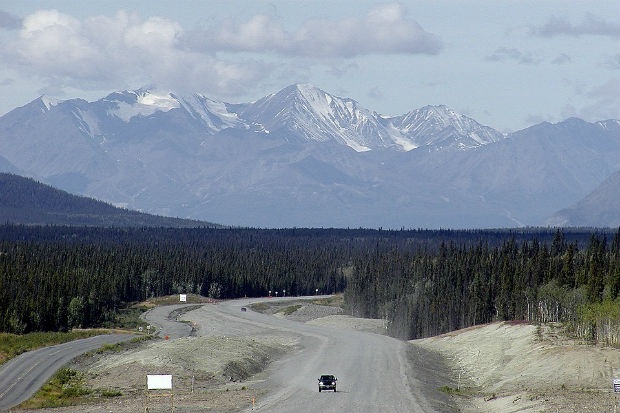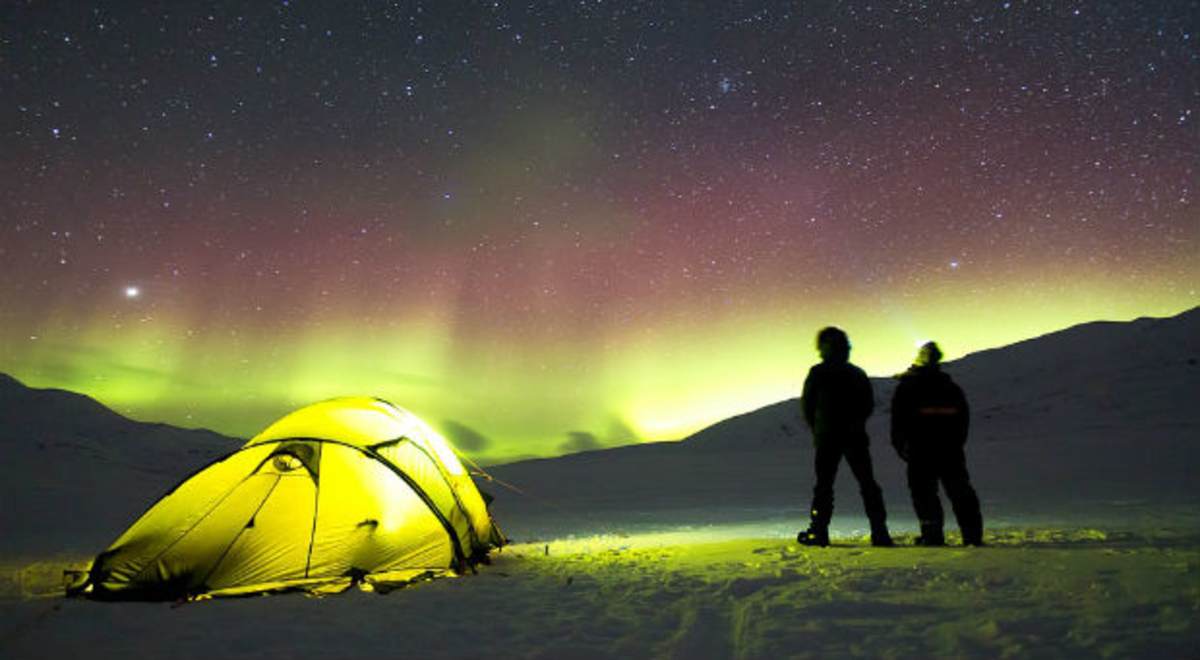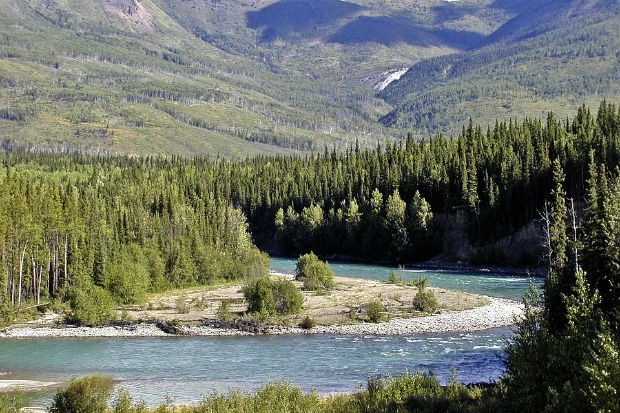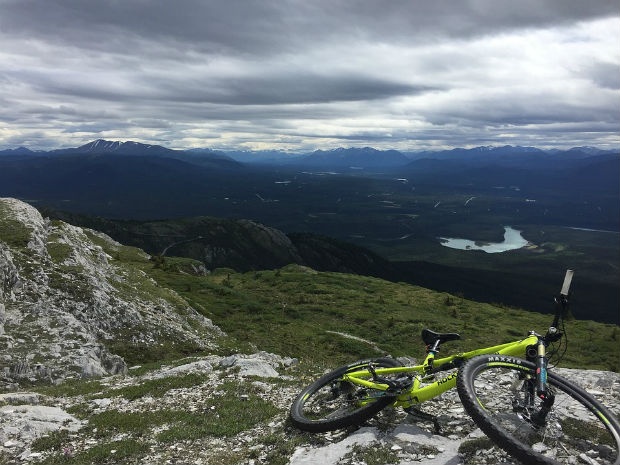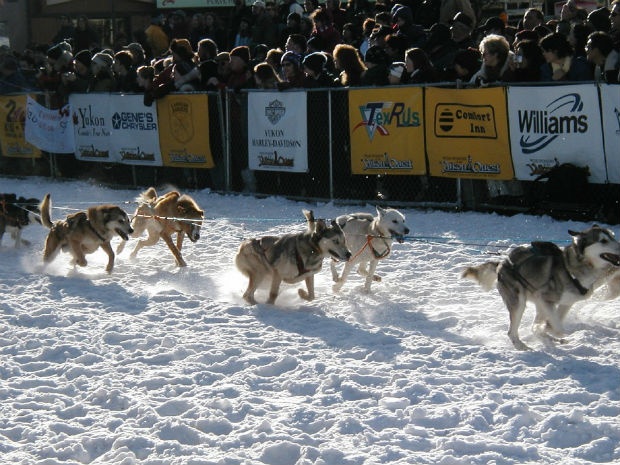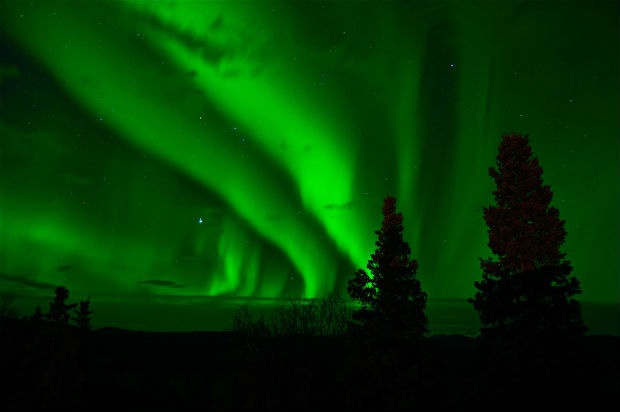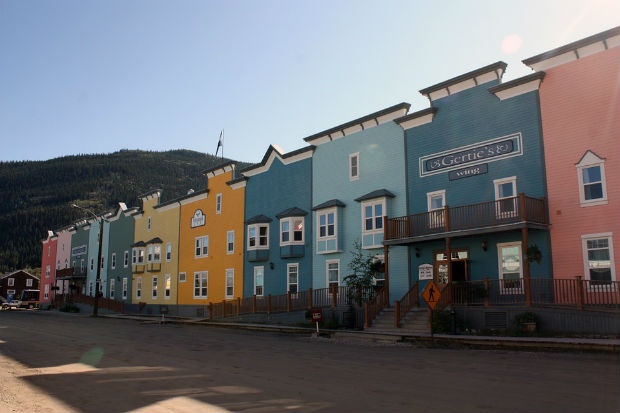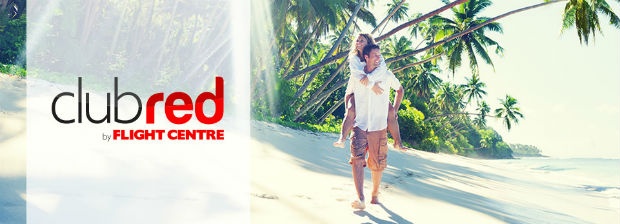From the bright, endless days of summer to winter’s mesmerizing night time illuminations, Yukon’s tourism tagline couldn’t be more appropriate.
Canada’s smallest territory is absolutely ‘Larger than Life’.
The sheer expanse of wilderness, the never ending sky, the hearts of the people and communities brave and lucky enough to call it home – all of it.
Of course, there’s Mount Logan, Canada’s highest point at almost 20,000 feet, the UNESCO World Heritage Site and National Park, Kluane, and the rich cultural history spanning native First Nations, European fur traders, pioneers, missionaries and Klondike Gold Rush-ers.
At less than 40,000 residents, the capital of Whitehorse holds three quarters of the territory’s entire population, and is Yukon’s only city. The former capital-town of Dawson is the next busiest, with less than 1,500 people. If it’s isolation and solitude you seek, there may not be a better place in all of Canada.
Then & Now
Originally a part of the Northwest Territories, it took the crowds heading north, mining for newfound gold and settling Dawson in the late 1800s to create the infrastructure needed, eventually forming the new territory in 1898. Dawson became the capital until Whitehorse took over in 1952.
Today, it’s mainly tourism that drives Yukon’s economy. Guides, outfitters, fishing and hunting camps all offer getaway packages to hunt elk, moose, bear and deer or to fish for salmon, char, grayling and massive lake trout.
Hiking, dog sledding, ice climbing, skiing and snowmobiling are all on the menu here too, as is camping and exploring the many pristine lakes and rivers by canoe or kayak. Pan for gold on the Yukon River, snowshoe forested winter trails or take in one of the many museums Dawson and Whitehorse have to offer. As far north as it may be, Yukon truly is a four season destination.
What's going on?
If you’re looking to plan your trip around some of Yukon’s cultural goings on, there’s plenty to choose from.
Combining fun and athleticism, the Kluane Chilkat International Bike Relay (June 17, 2017) is an epic eight-leg road race through Yukon’s most picturesque National Park, starting in Haines Junction, Yukon, and finishing up in Haines, Alaska. Participants often don outrageous costumes as they make their way through gorgeous alpine passes and scenic ocean views.
Downtown Whitehorse is the starting point for the world’s longest annual kayak and canoe race. The Yukon River Quest (June 28 – July 2, 2017) challenges paddlers from around the world for the endurance-testing 715km day and night race that always draws massive crowds and festivities. This year, the race features 100 registered teams from 11 different countries!
For the best of Yukon’s diverse First Nations arts and culture, don’t miss the Adaka Cultural Festival (June 30 - July 6, 2017). In the Southern Tutchone tongue, 'Adaka' means ‘coming into the light’ and the annual festival does just that by highlighting the creative spirit of Yukon’s First Nations community.
The Dawson City Music Festival (July 21 – July 23, 2017) is one of the city’s most anticipated yearly gatherings, growing steadily since its humble beginnings in 1979. This summer, the massive weekend party will be hosting local, Canadian, as well as international guests.
This fall, Whitehorse is the scene for the Yukon Beer Festival (October 12, 2017), showcasing over a hundred individual craft brews from across Canada as well as the U.S.
The 1,000 mile international dogsled race, or the Yukon Quest (February 3, 2018), is considered by many to be the world’s most difficult race of its kind, due to the challenging course, harsh weather and the limited support racers are able to receive. In even-numbered years, the race begins in Fairbanks, Alaska, and finishes in Whitehorse. In odd-numbered years, the route runs in reverse. Either way, the race typically takes 10-16 days to complete.
Northern Lights
When the days shorten, Yukon’s evening sky begins to dazzle. From November through to March, the aurora borealis phenomenon draws thousands of gawkers from around the world.
Sweeping up from the horizon, brilliant flashes of colours pulse through the sky with the breathtaking backdrop of rugged mountains and snow-covered pine forests, inspiring native legends, photographers and nature lovers alike. Hire a guide or join the flock of locals as they make their way out and away from the city lights for the best free show on earth.
Get this year’s Northern Lights forecast!
Interesting Yukon Facts
- Surprisingly, Yukon’s warmest weather comes as early as May and June, with recorded highs of 36C on a number of occasions.
- Yukon holds the highest percentage of Canadians claiming no religious affiliation (49.9% in 2011).
- The word Yukon derived from the native ‘Yu-kun-ah’, meaning ‘great river’.
- The city of Whitehorse, named after the White Horse Rapids before the river was dammed, is often referred to as ‘Wilderness City’.
- Whitehorse is the driest city in all of Canada.
- Bring your bike or skis! There are over 700kms of mountain bike trails within the city of Whitehorse and 85kms of cross-country ski trails five minutes from downtown, open 24hrs a day.
Celebrate Canada 150 with a visit to Yukon's unspoiled wilderness. Air North offers service to Whitehorse from across Canada so get your seat today. For more information, connect with us online, call us at 1877 967 5302 or visit your closest Flight Centre store today.
Don’t forget to sign up for our free Club Red newsletters for exclusive deals, contests, travel news and blogs!
